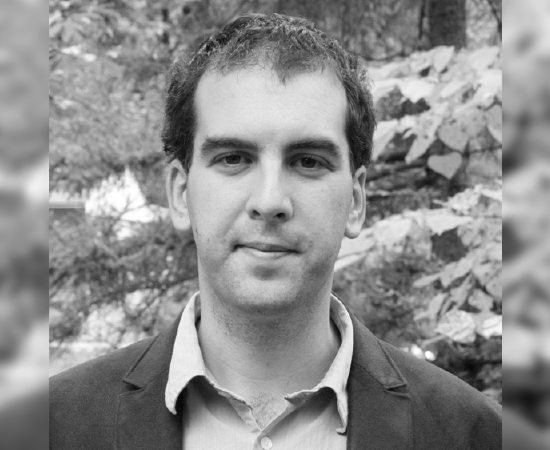Most of the young men and women, who join ISRO, come starry eyed. Space technology is glamorous from outside. When you view from inside, it is back breaking, highly involved, boringly detailed, full of rigour and tough discipline and highly test intensive. In essence all the unglamorous task collection, designed to achieve zero defect product.
Young employees, who have joined fresh, conjure up themselves as great engineers, building rockets, satellites, payloads like camera,radars, satcom equipments just like a magic, as in the Hollywood movie 'Martian'. Single man building everything singlehandedly, a feat even beyond the ability of Einstein.
In SAC we build payloads. In reality, some have to design RF circuits; some carry out system designs; some digital packages; some do quality assurance; some design PCBs; some design ASICS, some solder components; some do integration of payloads; some carry out thermo-vacuum tests; some do mechanical machining; some carry out vibration testing; architects design buildings; medical professionals look after health of employees and families; some assemble packages; some maintain computer networks; some write softwares; some wade onto rice fields, walk miles in forests, move like zombies on treacherous glaciers; some count waves and clouds (I mean meteorologists and oceanographers).
There are myriad of other jobs. Actually all of us do small jobs, including myself as head of institution. I mostly do paper jobs, file reading and talking to people, plan activities and programmes, walk around the labs like possessed ghost. We all build small things. By collective intelligence, they start talking to each other, then start working together and then they miraculously get life form and them start beaming microwaves with coded entertainment to your home DTH; as radar, beams pulsed microwaves to generate colourful radar images; as camera starts sending breath taking images of mother earth. And many more instruments.
Young engineers do not get this insight so easily. So I met the engineers and scientists, who joined SAC in last one year, on 9th June 2017 for a freewheeling conversation. I understood that they are yet to understand the working philosophy and modus operandi of space industry. They like their jobs (mostly). Yet have apprehensions, not yet gelling with their starry eyed imaginations of space industry. Many expressed that they did not at all expect to do such jobs in ISRO. I patiently explained the above mentioned insights which I gained in my more than three decades of association with ISRO. I gave an example. In their house, when they were small, their mothers made tasty dishes. I asked one chap what dish he relished most in his childhood. He replied a 'sabji' (vegetable curry) of potato and brinjal. I asked him what were the ingredients. He replied, potato, brinjal, tomato, onion and other condiments etc. I said, had he tried to eat them raw. He sneered. Nobody can eat them raw: they are tasteless. Then I replied: See same unpalatable raw vegetables, when cut into appropriate pieces, sauntered in oil and condiments in proper sequence and gently boiled with appropriate quantity of water, will lead to cooking of tasty curry. All of their jobs are like raw vegetables. But when planned and executed and integrated in correct sequence can only lead to development of sophisticated payloads which are pride of ISRO and nation and draw respectful admiration from global peers.
